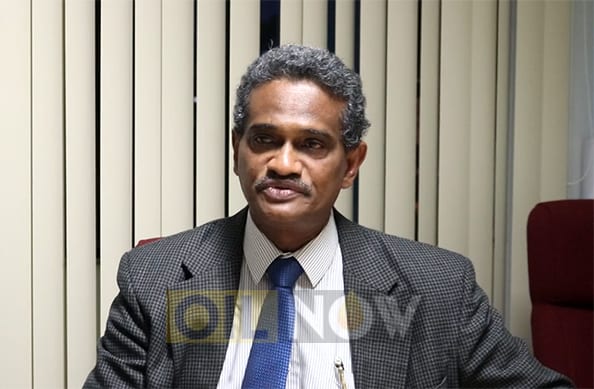High levels of incompetence, greed, and the fear of making tough decisions are the primary reasons countries rich in petroleum resources do badly. So says Managing Director, Principal Consultant of Association of Caribbean Energy Specialists Ltd. (ACES), Anthony Paul.
Paul, a Trinidadian by birth and the author of Guyana’s draft local content policy framework, said in a Facebook post on August 6 that the
However, much has changed in the last 20 years, the consultant said, resulting in a rapid decline in the principles that propelled Trinidad and Tobago’s petroleum industry. “Over the last two decades, we experienced a spectacular decline in these values. The current state of the sector is a manifestation of gross incompetence, compounded by greed, now reacting out of fear,” he stated.
Incompetence is a “harsh” word, Paul said, “but it encompasses gaps in multiple dimensions of capability – skills, capacity, experience and behaviour. It shows up in poor decisions along the entire value chain – investor selection, pace of investment, contracting, implementation oversight, reporting, transparency & accountability.”
The
Paul, reflecting on the Trinidad experience said, “Corruption and fear are outcomes of incompetence. We have to fix our agencies first if we are to fix T&T. We need to hire the best people, reward them well and hold them accountable.”
With a history of corruption in public office and the lack of strong institutions that allow for transparency and accountability, the new coalition government in Guyana has been under increasing pressure to ensure that it puts the right systems in place in preparation for first oil, come 2020.
US oil major ExxonMobil, operator in the 6.6 million acres
Guyana, Paul said, runs the risk of too much revenue coming in too soon. “The absorptive capacity of the economy and efficiency of government revenue management will be severely challenged. Guyana has to make choices on pace of production,” he said.




This practice goes on in the whole world. However, Guyana must seek the needed help to avoid this.